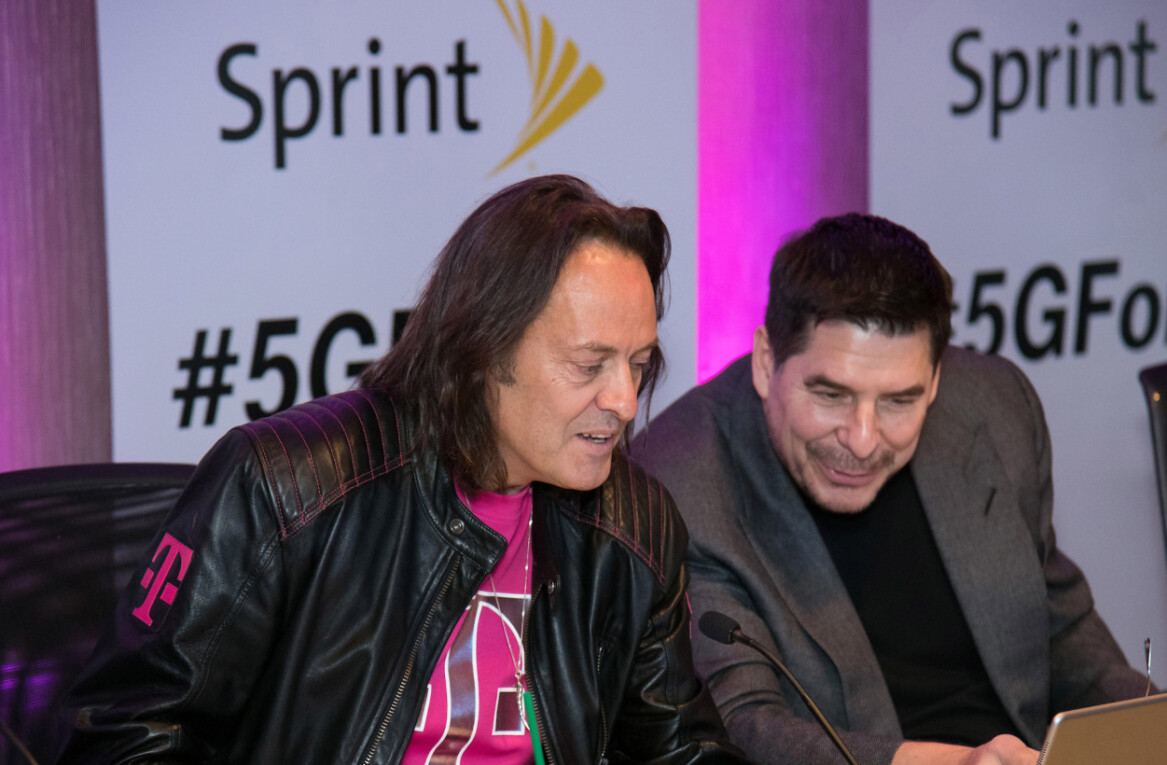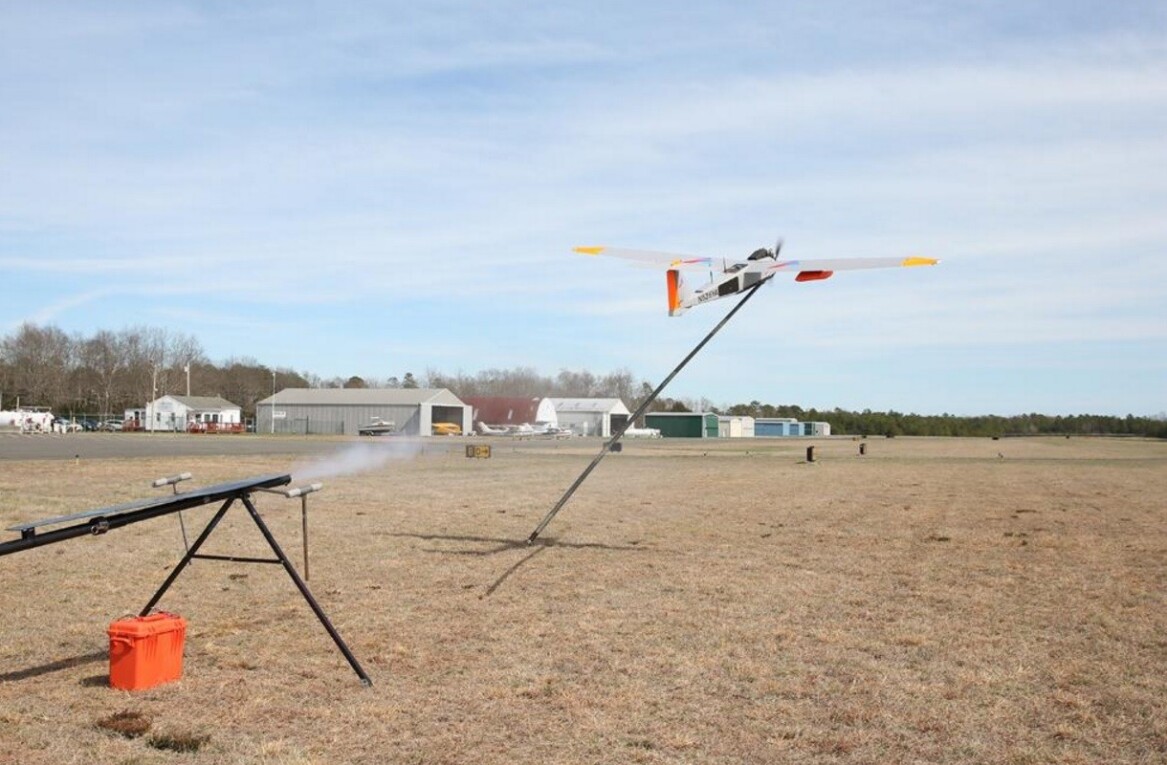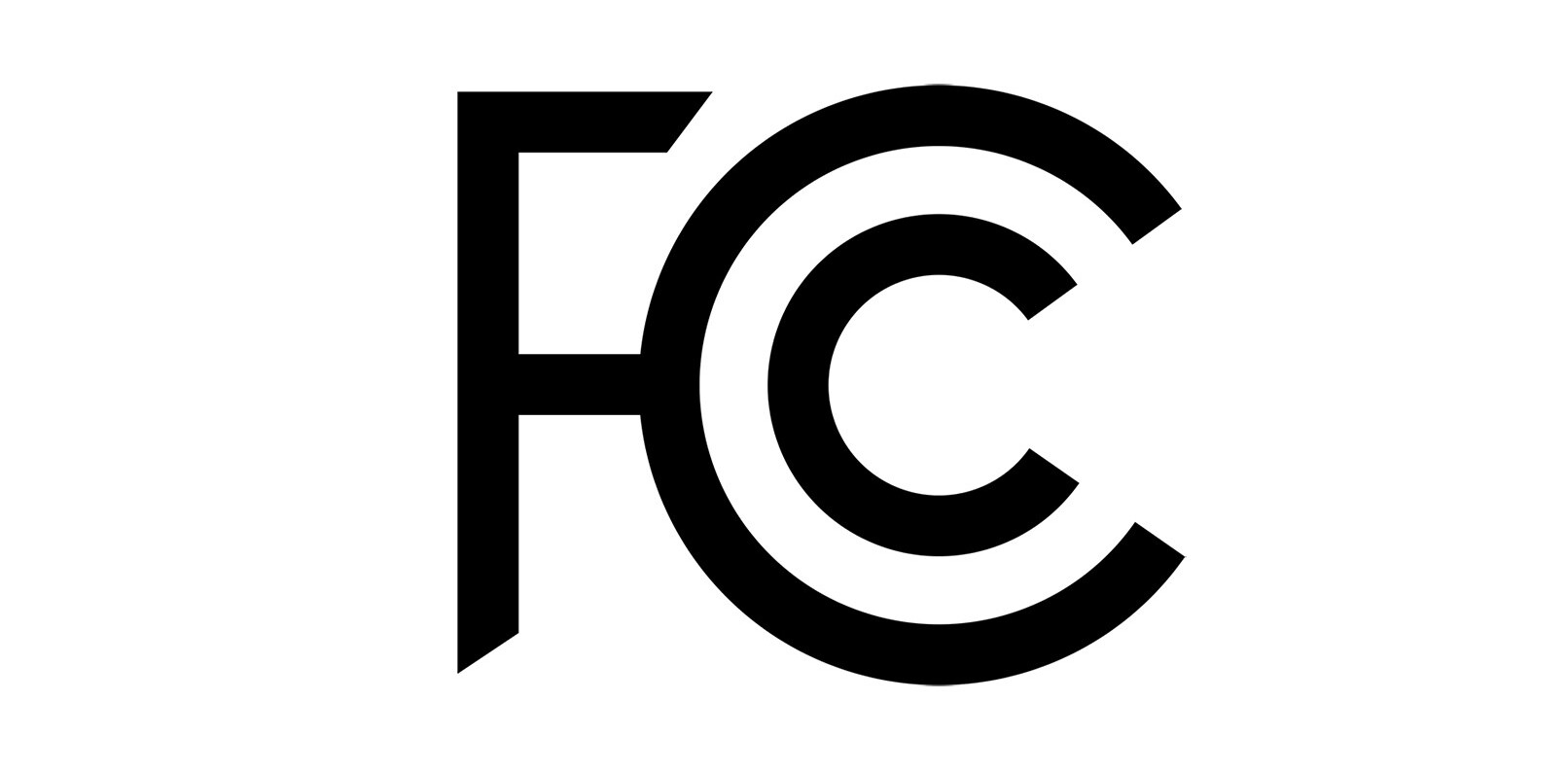
 Telecom’s giant Verizon has created an ultra-fast 900-kilometre fibre-optic link between Paris in France and Frankfurt in Germany.
Telecom’s giant Verizon has created an ultra-fast 900-kilometre fibre-optic link between Paris in France and Frankfurt in Germany.
Working with Canadian comms hardware company Nortel, Verizon has invested in the network in order to gauge just how the overall Internet upgrade needed to cope with the data demands of tomorrow will feel, reports New Scientist.
The 10- gigabit throughput capacity of today’s Internet (enough to transfer the contents of a DVD in around 4 seconds) has been around since the mid-1990s. The addition of millions of fibre-optic cables around the turn of the century strengthened the backbone to the extent that there was a huge glut in capacity.
Today, however, with increasing demand for streaming audio and video, social media and cloud-based storage, this capacity is rapidly being used up.
The link Verizon has established between Paris and Frankfurt enables them to test new methods of modulating the light-waves within the fibre-optic cables in order to boost bandwidth from 10 gigabits to 100 gigabits.
Rolling the solution out faces a number of challenges including the distance between transmitters and receivers as well as ‘noise’ created by sending 10 gigabit and 100 gigabit traffic through the same cables. The Paris to Frankfurt link at 900 km represents a good average distance for European internet traffic. In the US, average traffic can be required to travel up to 1500 kilometres.
Get the TNW newsletter
Get the most important tech news in your inbox each week.




